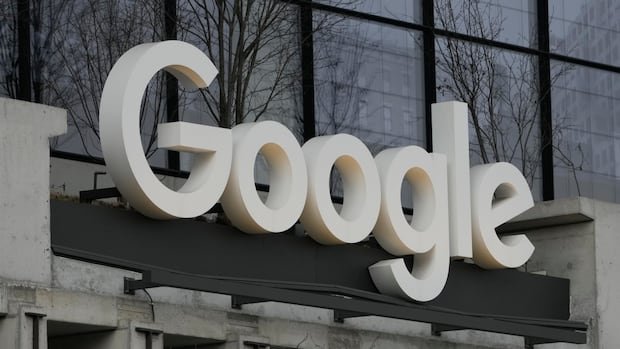A federal judge has issued a ruling ordering changes to Google’s search engine to address concerns about an illegal monopoly, without mandating a breakup of the company. The decision, spanning 226 pages and made by U.S. District Judge Amit Mehta in Washington, D.C., is expected to have significant implications in the tech industry during a period of AI advancements.
The ruling aims to restrict certain tactics employed by Google to drive traffic to its search engine and other services. Additionally, it mandates increased access for Google’s competitors to the company’s valuable databases containing search habits data. Exclusive contracts held by Google with device manufacturers and browser developers will face restrictions, although the judge did not completely ban these contracts.
The court rejected a request from the U.S. Justice Department to compel Google to divest its Chrome browser, deeming it unnecessary and risky. The judge’s decision also requires Google to share some of its search engine data with competitors, a move vehemently opposed by Google citing privacy and security concerns.
The ruling acknowledged the evolving landscape of AI technology, emphasizing the impact of generative AI chatbots like ChatGPT and Perplexity. While these chatbots are not yet a substitute for traditional search engines, developers are expected to enhance their capabilities to compete with Google Search.
The Justice Department views the ruling as a victory for the American people, although it did not achieve all its objectives. Google welcomed the decision as validation of the changing industry dynamics driven by AI, emphasizing the importance of competition and consumer choice.
Despite Google’s plan to appeal certain aspects of the ruling, investors reacted positively, with Alphabet Inc.’s stock price surging over seven percent in after-hours trading. The ruling’s allowance for default search deals to continue benefits not only Google but also recipients like Apple, who earn substantial revenue from these agreements.
As the legal battles unfold, Google faces additional challenges, including another antitrust case focused on its digital ad business. With ongoing scrutiny from regulators and competitors, Google’s dominance in the tech industry remains under intense scrutiny.


